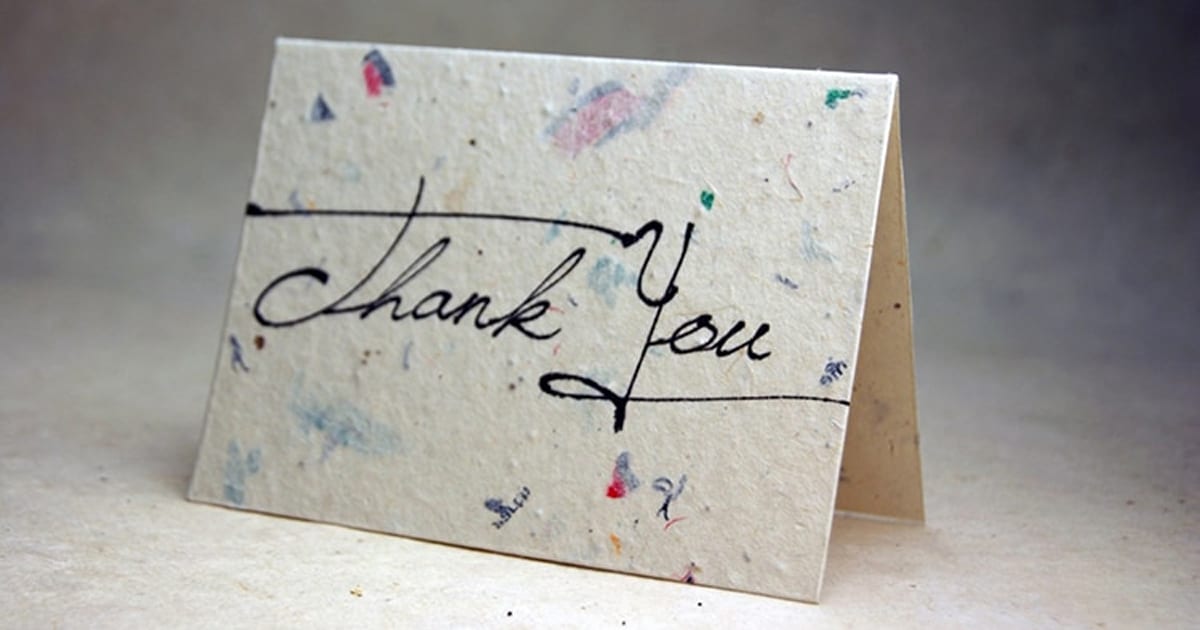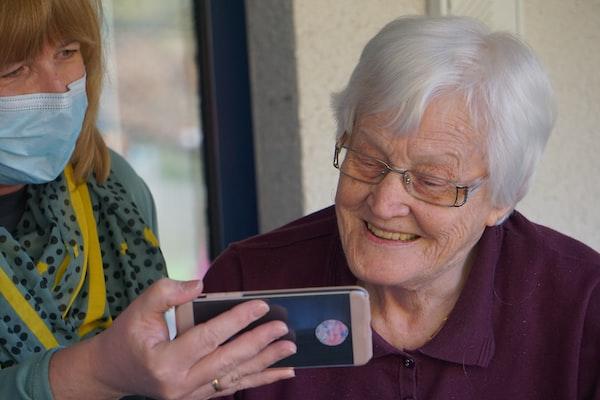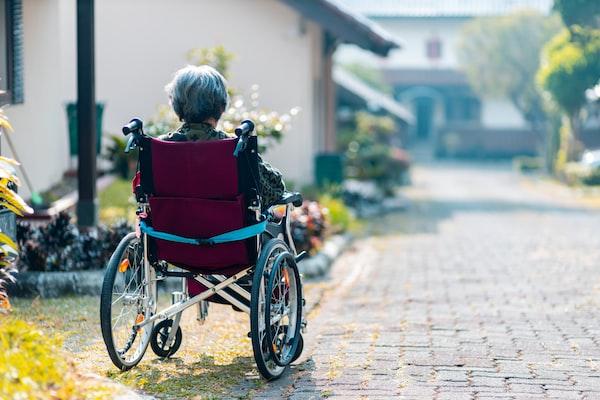Bipolar disorder, formerly known as manic depression, is a mental health condition characterized by extreme mood swings that alternate between emotional highs, known as mania or hypomania, and lows, known as depression. These mood swings can significantly impact various aspects of life, including sleep, energy levels, judgment, behavior, and cognitive abilities.
Although bipolar disorder is a lifelong condition, effective management through a treatment plan is possible, which usually includes medications and psychological counseling. If you suspect you might be struggling with bipolar disorder or a similar mental health issue, search for “therapist near me DC” today.
Types and Symptoms

There are several types of bipolar and related disorders, each with its own distinct symptoms. These include:
- Bipolar I disorder: This involves at least one manic episode, which may be followed or preceded by hypomanic or major depressive episodes. In severe cases, mania can lead to psychosis.
- Bipolar II disorder: This is characterized by at least one major depressive episode and at least one hypomanic episode, but never a full-blown manic episode.
- Cyclothymic disorder: This condition involves numerous periods of hypomanic symptoms and depressive symptoms, although they are less severe than major depression.
- Other types: These can be induced by substances or medical conditions such as drugs or alcohol, Cushing’s disease, multiple sclerosis, or stroke.
The symptoms of bipolar disorder can vary from person to person and may change over time. Manic and hypomanic episodes share similar symptoms, including an abnormally upbeat or wired mood, increased energy, agitation, inflated self-confidence, decreased need for sleep, excessive talkativeness, racing thoughts, distractibility, and poor decision-making.
On the other hand, a major depressive episode is characterized by severe symptoms such as persistent sadness, loss of interest or pleasure in activities, changes in appetite or weight, sleep disturbances, fatigue, feelings of worthlessness or guilt, difficulty concentrating, and suicidal thoughts.
Identifying bipolar disorder in children and teenagers can be challenging, as their symptoms may be mistaken for normal mood swings or other mental health conditions. However, severe mood swings that deviate from their usual patterns may be indicative of bipolar disorder.
When to Seek Help
Recognizing the need for professional help is crucial for individuals with bipolar disorder. Many individuals may not realize the extent to which their emotional instability affects their lives, leading to untreated symptoms and potential consequences. Seeking help is important, as untreated bipolar disorder can lead to financial, legal, and relationship problems.
It is recommended to seek medical attention if you or a loved one displays symptoms of bipolar disorder. Mental health professionals with experience in bipolar disorder can provide an accurate diagnosis and develop an appropriate treatment plan.
Emergency Situations
Suicidal thoughts and behavior are common among people with bipolar disorder. If you or someone you know is in immediate danger, it is essential to take emergency measures. Contact emergency services, such as 911, or go to the nearest hospital emergency room. Suicide hotlines are also available for immediate support and guidance.
Treatment Options

Treatment for bipolar disorder is typically guided by a psychiatrist specializing in mental health conditions. It often involves a combination of medications and psychological counseling. The main treatment options include:
- Medications: Mood stabilizers, such as lithium, valproic acid, or lamotrigine, are commonly prescribed to control manic or hypomanic episodes. Antipsychotic drugs may be added if symptoms persist. Antidepressants may also be used in combination with mood stabilizers or antipsychotics to manage depression.
- Psychological counseling: Also known as psychotherapy, this form of treatment helps individuals develop coping strategies, gain a better understanding of their condition, and improve overall well-being. Counseling can be particularly helpful in managing stress, identifying triggers, and improving interpersonal relationships.
- Lifestyle adjustments: Adopting a healthy lifestyle can complement medical treatment. This includes maintaining a regular sleep schedule, engaging in regular exercise, managing stress, and avoiding drugs and alcohol.
Bipolar disorder is a complex mental health condition characterized by extreme mood swings. With a comprehensive treatment plan that includes medications, psychological counseling, and lifestyle adjustments, individuals with bipolar disorder can effectively manage their symptoms and lead fulfilling lives. Seeking professional help is crucial for accurate diagnosis and appropriate treatment. Remember, you are not alone, and treatment is available to support you in managing bipolar disorder.











 2018 ·
2018 ·